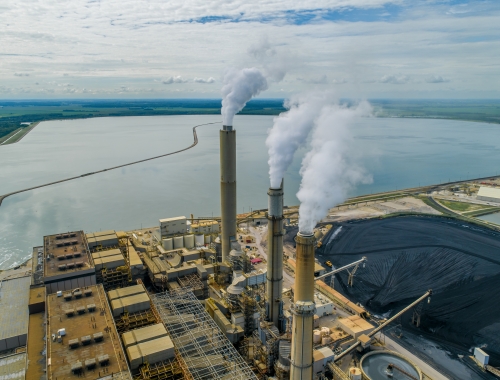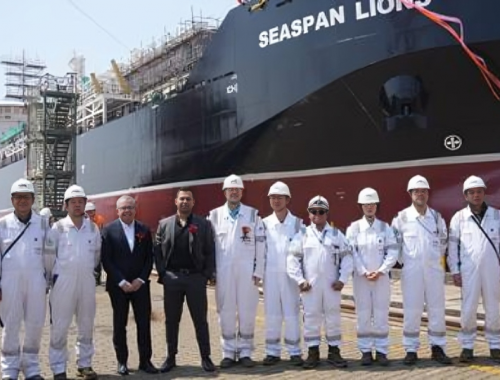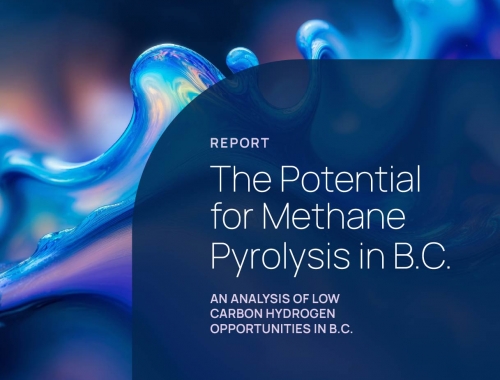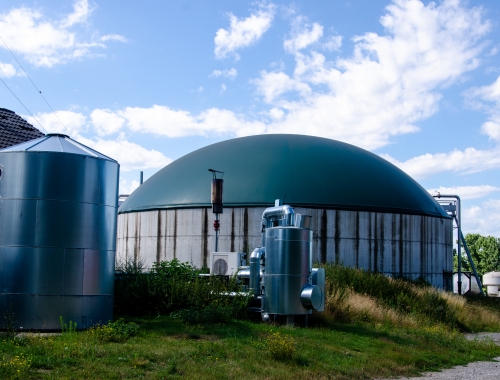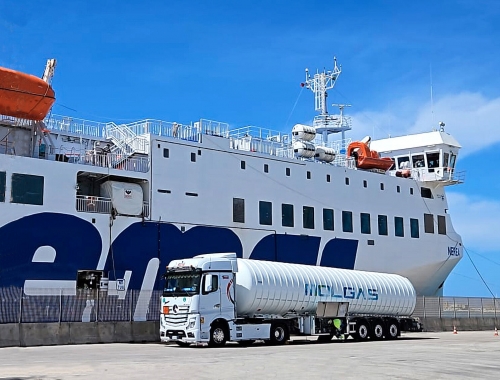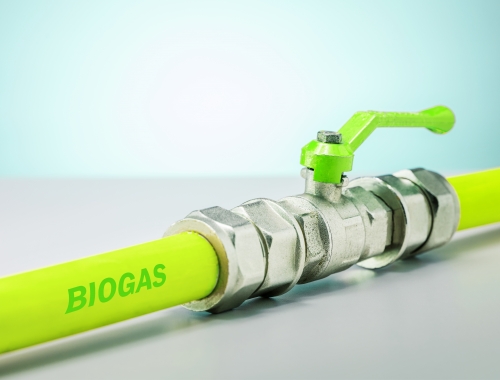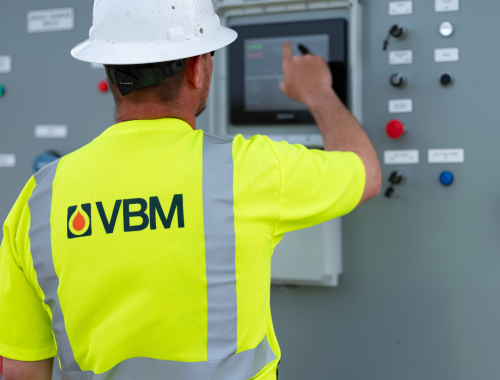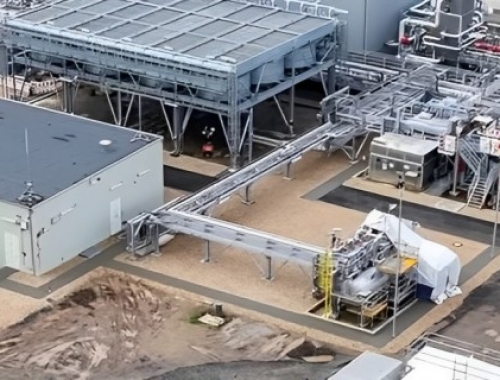Canada’s Entropy targets US CCS opportunities
SUMMARY
Tax credits under US Inflation Reduction Act are spurring faster CCS deployment. [Image credit: Advantage Energy]
By Dale LunanAdvantage Energy’s Entropy subsidiary, which is commercialising its modular carbon capture and storage (CCS) technology, said February 8 it is expanding its team to pursue growth opportunities in the US that are underpinned by incentives in the Biden administration’s Inflation Reduction Act (IRA).
“The highly effective CCS policies contained in the IRA, with a government-guaranteed carbon price of US$85/metric ton (C$115/mt), will lead to faster deployment of CCS technology,” Entropy said in a corporate update.
In its first commercial development in the US, Entropy said it has signed a memorandum of understanding (MOU) with California Resources Corporation (CRC), which is developing CCS opportunities in California.
Under the MOU, Entropy will provide technology, engineering and development expertise to decarbonise CRC’s gas-fired boilers. Upon completion, the project is expected to capture and sequester about 400,000 mt/yr of CO2, Entropy said.
In Canada, Entropy said Phase 1 of its inaugural Glacier CCS project in Alberta has been running steadily since commissioning in July 2022, regularly capturing between 90% and 95% of CO2 emissions from the Glacier gas plant and generating compliance-based environmental performance credits.
Phase 1 at Glacier is expected to capture and store 47,000 mt/yr of CO2, while Phase 1b, which will involve the first deployment of Entropy’s integrated CCS technology, is expected to capture an additional 16,000 mt/yr after it is installed in Q2 2023.
Phase 2 at Glacier will capture an additional 136,000 mt/yr of CO2. Entropy hopes to make a final investment decision this year and have it on-line by the end of 2024, subject to achieving certainty on federal carbon pricing.
Based on final project capital costs at Glacier Phase 1, Entropy said future high-quality, mid-sized projects are on track to achieve a capture only capital cost of about C$475/mt/year, with lower costs for larger projects.
Full-cycle operating costs for Glacier Phase 1, including capture, compression, transportation and storage, are currently about C$30/mt but are expected to trend down to about C$27/mt. Based on these results, Entropy expects Phase 2 operating costs will drop below C$22/mt, with costs at larger projects expected to be lower.
Meanwhile, Entropy’s Athabasca Leismer CCS project, targeting the capture and sequestration of up to 440,000 mt/yr of CO2 in two phases, has reached shovel-ready status, with the next step to drill and test the local reservoir for injectivity.
“However, the disposal permit has been delayed while the province establishes regulations for the CO2 sequestration “hub” model,” Entropy said. “This permitting delay may result in the project being delayed by approximately three months as the end of the winter drilling season approaches.”
Leismer has received “significant” financial support from the Alberta government through Emission Reduction Alberta’s Carbon Kickstart Grant programme, and is expected to be fully eligible for the federal CCS investment tax credit and carbon contract-for-differences structure, although both federal programmes have yet to be fully enacted.
Entropy’s near-term development pipeline in Canada and the US now includes about 1.5mn mt/yr of capture and storage projects, including Glacier, Leismer, the CRC project and an additional Alberta project targeting the capture and storage of 450,000 mt/yr from turbines and boilers.
“All of these projects have the potential to advance to procurement and construction during 2023 and represent first-in-kind deployment of CCS technology,” Entropy said. “Mid-term and long-term projects remain well in excess of 10mn mt/yr.”
Entropy is also involved in the development of two large-scale sequestration hubs in Alberta, the Bow Valley Carbon Hub in southern Alberta and the Grande Prairie Net Zero Gateway in northwestern Alberta.

